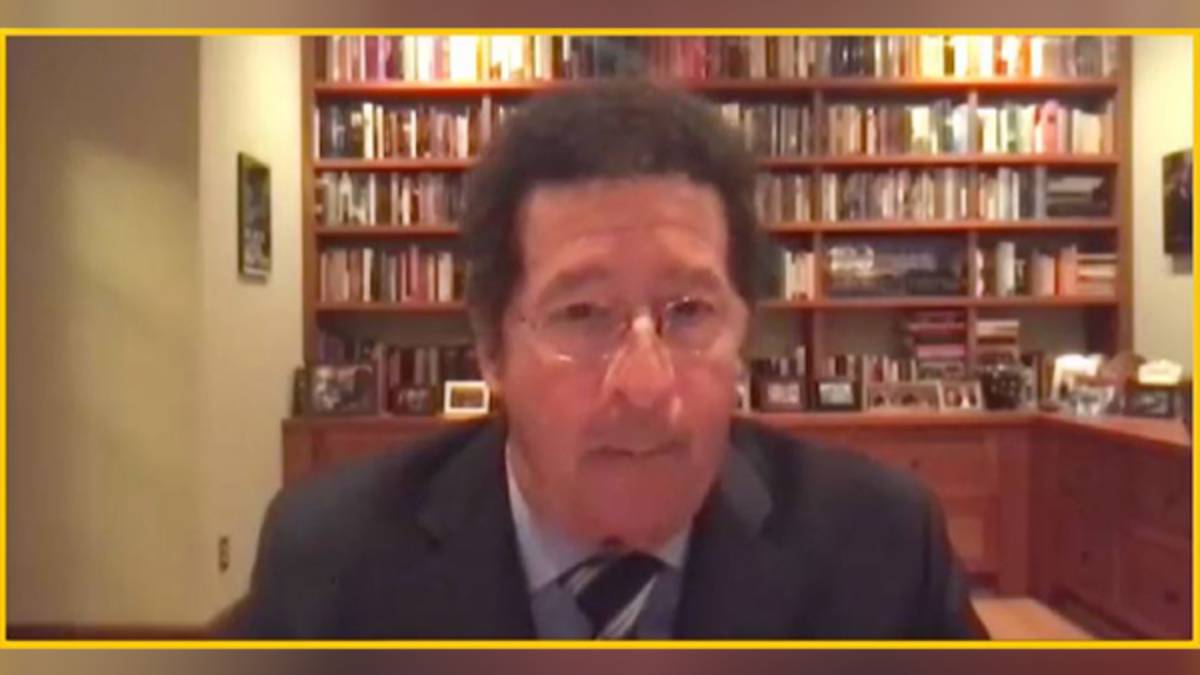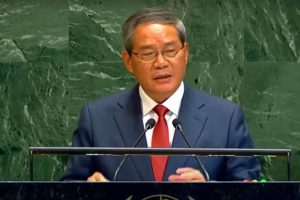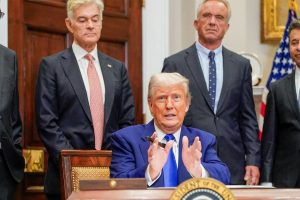Prominent geopolitical and energy expert David Goldwyn has supported India’s firm pushback against steep tariffs imposed by former US President Donald Trump, arguing that New Delhi is “right to continue to exercise its sovereignty” while engaging in serious trade talks.
In an interview with ANI, Goldwyn—who previously served in the US Department of Energy under Presidents Bill Clinton and Barack Obama—said Washington must balance its trade objectives with respect for India’s strategic autonomy.
“Most of the time, we just have normal bilateral and multilateral trade negotiations. I think President Trump is seeing that this is not working. His gesture that this is not personal to Prime Minister Modi, and Modi’s very helpful response, are helping to de-escalate tensions,” Goldwyn noted.
He stressed that future talks must go beyond tariffs and reflect the long-term strategic relationship between the two nations.
“India is right to continue to exercise its sovereignty while negotiating seriously on trade. But this needs to be done in the larger context of the strategic relationship the US can have with India,” he added.
Goldwyn’s remarks follow Washington’s imposition of a 50% tariff on Indian imports, including a 25% surcharge linked to India’s continued purchase of Russian crude oil. The Trump administration claimed such imports helped fund Moscow’s war in Ukraine.
Calling the approach “counterproductive,” Goldwyn argued that targeting partners like India and the European Union undermines global efforts against Russia.
“The pressure needs to be on Russia. If the US and Europe were serious about banning all Russian crude and gas imports, that might be a weapon—but sanctions on allies like India are ineffective and look more like trade bullying. India cannot be expected to negotiate under coercion and duress,” he said.
He also criticised Trump for failing to use stronger tools directly against Moscow.
“He hasn’t imposed new sanctions on Russia. Instead, he is sanctioning India and the EU. This is really not about Russia—it’s bullying for trade, and not an effective diplomatic tool anyway,” Goldwyn observed.
The expert suggested elevating the India-US dialogue beyond transactional disputes to a higher strategic level.
“For countries like India, elevating the conversation to the strategic level—beyond cabinet talks and into the broader context of the relationship—would be far more constructive than transactional bargaining,” Goldwyn said.





